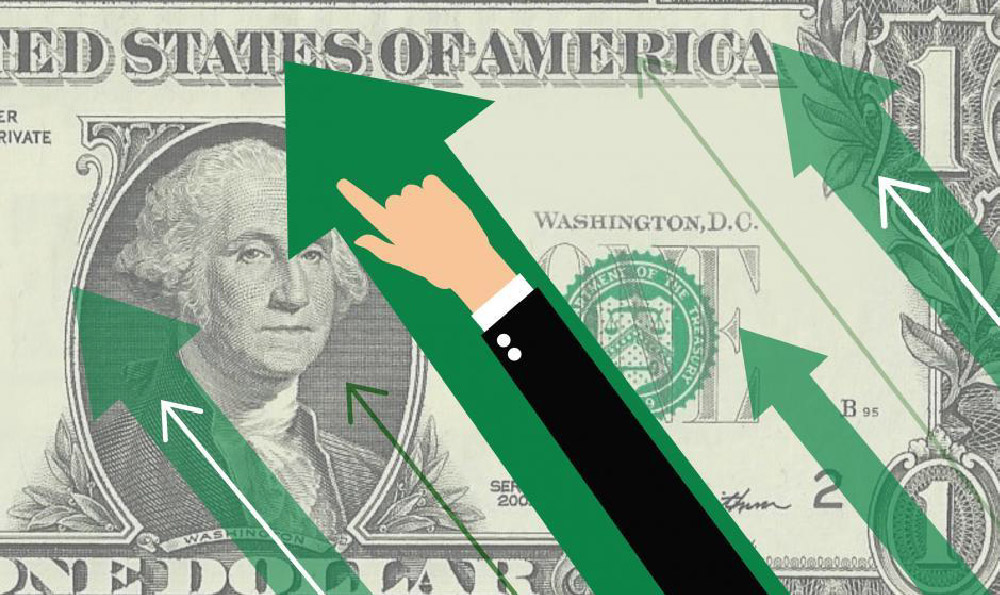Understanding the financial landscape of book writing requires a nuanced exploration of both traditional publishing models and self-publishing opportunities. The earning potential for an author hinges on a multitude of factors, including genre, marketing strategy, distribution channels, and the author's ability to navigate the complexities of the publishing industry. In many cases, the journey from manuscript to profit is not linear and often involves careful planning, persistent effort, and a strategic approach to maximizing returns.
Traditional publishing typically offers authors a percentage of royalties, which can vary significantly depending on the publisher's agreements and the book's sales performance. For example, first-time authors may receive a 10% royalty rate for books sold in hardcover, while subsequent editions or paperback versions might see reductions to as low as 5% or even 2.5%. These percentages are influenced by the publisher's investment in the book's production, marketing, and distribution. Additionally, advances—a lump sum payment provided upfront—can play a crucial role in an author's financial stability. However, advances are often contingent on meeting specific sales targets, which may not always be achievable. It is essential to recognize that traditional publishing can take years to yield substantial income, as authors frequently face long lead times before their books reach the market.
Self-publishing presents an alternative pathway, granting authors greater control over pricing, marketing, and distribution. Platforms like Amazon Kindle Direct Publishing or IngramSpark enable writers to bypass traditional gatekeepers and directly connect with readers. The royalty rates for self-published books are typically higher, ranging from 35% to 70% depending on the platform and the book's format. This model allows authors to retain a larger share of revenue, but it also demands significant responsibility for promoting the book. The success of self-publishing depends heavily on the author's ability to build an audience, leverage social media, and implement effective marketing campaigns. While high royalty rates can generate income quickly, they are often offset by the costs of editing, cover design, and distribution.

The revenue generated by a book is not limited to print and digital sales. Many authors explore ancillary income streams, such as writing sequels, licensing content for other media, or offering related products like workshops and courses. For instance, a bestselling self-help author might monetize their expertise through online coaching programs or affiliate marketing, while a fantasy novelist could develop a series of illustrated books or merchandise inspired by their work. These additional opportunities can significantly boost an author's overall earnings but require time, effort, and a clear understanding of audience engagement.
The financial success of an author is also closely tied to the niche and subject matter of their book. Genre-specific demand can heavily influence sales, with non-fiction books often commanding higher prices in specialized markets. For example, a book on invest in cryptocurrency may attract a focused audience willing to pay premium prices, while a romance novel might generate more consistent but lower individual sales. The value of a book in its niche is further amplified by the author's ability to create a brand identity and cultivate a loyal readership. This requires consistent content delivery, community building, and a strong online presence.
Moreover, the global reach of digital platforms has transformed the accessibility of book sales. Unlike traditional publishing, which often limits distribution to local markets, self-publishing enables authors to tap into international audiences. This can create new revenue opportunities, as readers from different regions may have distinct purchasing power and preferences. However, navigating these global markets requires understanding cultural nuances and language barriers. For instance, an author writing in English may need to consider translation costs and strategies to appeal to non-English speaking readers.
The financial trajectory of an author is also shaped by the evolution of the publishing industry itself. The rise of streaming services and audiobooks has introduced new revenue streams, with some authors generating income through audio versions of their work. Meanwhile, the increasing prevalence of subscription-based platforms like Audible or Kindle Unlimited has created alternative models where authors earn per-read royalties rather than per-sale. These developments require authors to adapt their strategies and consider the broader ecosystem of content consumption.
Ultimately, the financial return from writing a book is dependent on a combination of factors, including the initial investment, the author's marketing acumen, and the dynamic nature of the market. While some authors may achieve significant financial success, others may find that the income is more modest. Success in this field often requires patience, resilience, and a flexible approach to adapting to changing trends and reader preferences. The financial potential of writing a book is vast, but it is not guaranteed, and authors must be prepared to invest time and effort into building sustainable income streams.












